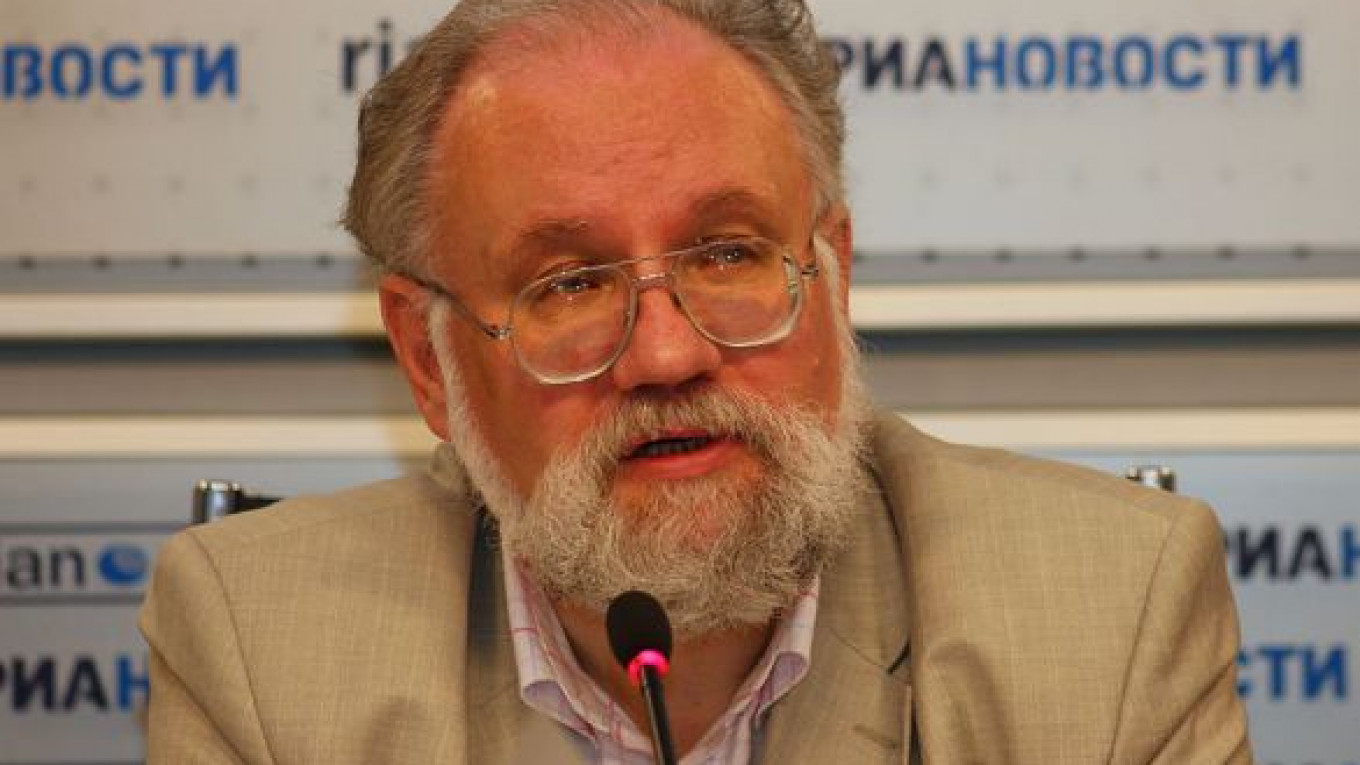The Constitutional Court has ruled that Russian voters should be allowed to appeal election results directly, overruling earlier judgments that permitted only political parties and candidates to dispute official vote counts in the courts.
The court's ruling, published on its official website on Monday, follows complaints by human rights ombudsman Vladimir Lukin and voters from St. Petersburg and the Voronezh region that citizens' attempts to appeal the results of contested elections to the State Duma in 2011 were unlawfully dismissed.
"The act of voting isn't just about private political interests, it also embodies the principles of democracy. As a result, voters are entitled to expect that their votes are counted correctly," Valery Zorkin, the court's chairman, said in the ruling.
In accordance with existing voting laws, judges previously ruled that voters relinquish their electoral rights once their ballots are cast and that citizens should appeal dubious results at their local polling stations — a stance backed by Vladimir Churov, the much-maligned head of the Central Elections Commission. Opposition groups from across the political spectrum accuse Churov's commission of facilitating mass falsifications in favor of the Kremlin-connected United Russia party.
In a departure from previous rulings, however, the St. Petersburg-based court said skewed election results "call into question the legitimacy of government agencies and democratic principles, thereby infringing the rights of every voter."
Federal lawmakers must now tweak current legislation to ensure that individual voters can lodge complaints over vote counts, Zorkin said. Until the legislation is amended, courts are forbidden from turning down voters' appeals.
Responding to the Constitutional Court's verdict, Vladimir Pligin, head of the State Duma's Constitution and State Affairs Committee, said in a statement on the United Russia website that deputies would review electoral legislation in the near future.
Pligin suggested that the amendments proposed by the court could be incorporated into an elections bill submitted by President Vladimir Putin that narrowly passed a first reading last week. That bill would reintroduce a mixed voting system for parliamentary elections and has been criticized for favoring the ruling party.
Contacted by phone, Grigory Melkonyants, deputy director of independent elections watchdog Golos, welcomed the court's verdict as a step in the right direction but urged caution. "It's only the beginning of the struggle for voters' rights," he said.
The court ruling explicitly states that Russian citizens can only appeal election results if they have proof that there were significant falsifications during the vote count and vote recording at the polling station they visited, Melkonyants explained.
"The devil is in the details," he said. "The court's verdict only applies to a very narrow circle of voters and has no bearing on falsifications that take place during voting itself. Judging whether a violation is significant or not is also open to question."
Melkonyants hinted that the decision by the Constitutional Court, a body known for toeing the Kremlin line, could be a strategy to defuse tension in opposition circles.
"The court's verdict can't be used to contest the last Duma vote, since the one-year period for appeal has expired. But it's politically expedient for authorities to restore this right now, just as public discontent with the elections is dying down," he said.
Contact the author at a.winning@imedia.ru
A Message from The Moscow Times:
Dear readers,
We are facing unprecedented challenges. Russia's Prosecutor General's Office has designated The Moscow Times as an "undesirable" organization, criminalizing our work and putting our staff at risk of prosecution. This follows our earlier unjust labeling as a "foreign agent."
These actions are direct attempts to silence independent journalism in Russia. The authorities claim our work "discredits the decisions of the Russian leadership." We see things differently: we strive to provide accurate, unbiased reporting on Russia.
We, the journalists of The Moscow Times, refuse to be silenced. But to continue our work, we need your help.
Your support, no matter how small, makes a world of difference. If you can, please support us monthly starting from just $2. It's quick to set up, and every contribution makes a significant impact.
By supporting The Moscow Times, you're defending open, independent journalism in the face of repression. Thank you for standing with us.
Remind me later.






